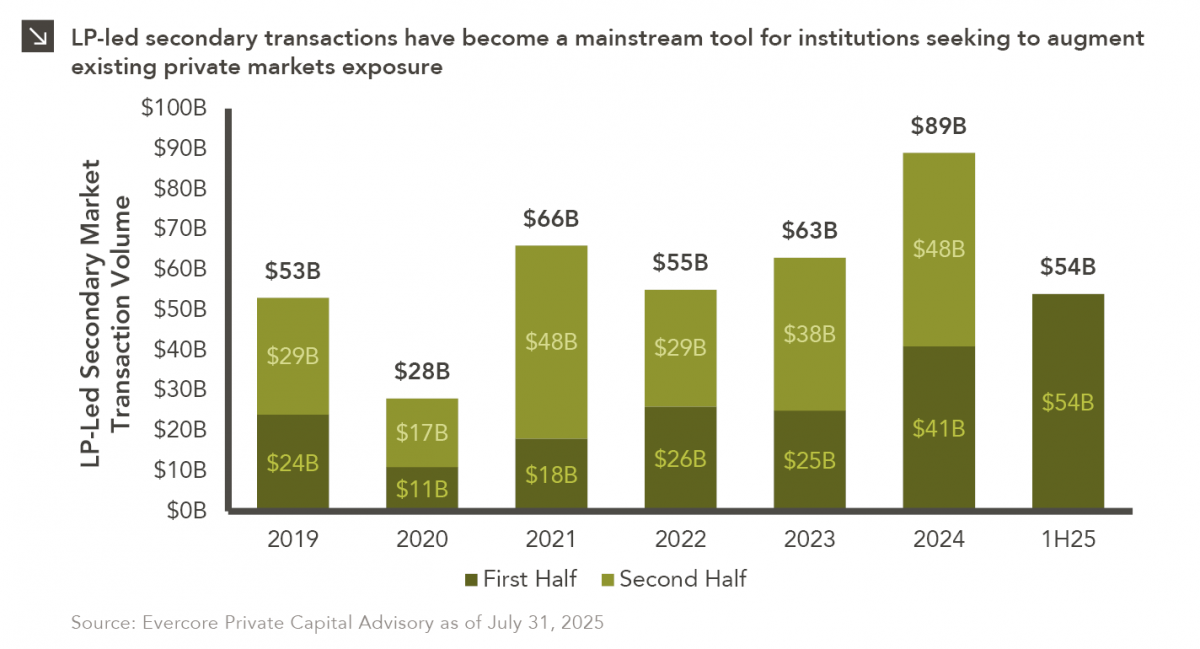Evan Frazier, CFA, CAIA
Senior Research Analyst



Late last week, President Trump signed a sweeping tax and spending package, branded by the White House as the “One Big Beautiful Bill,” aimed at enacting major elements of his domestic agenda. Specifically, the legislation cements the substantial tax reductions introduced during the first Trump term, which were slated to sunset at the end of this year. The package also includes an increase to the cap on the state and local tax deduction, raising it from $10,000 to $40,000. Changes to the child tax credit and estate and gift tax exemption were also included in the legislation. A portion of the bill’s funding comes via reductions to programs including Medicaid and the Supplemental Nutrition Assistance Program.
Forecasts from various organizations suggest the immediate effect of these new policies on U.S. GDP growth is indeterminate. For instance, recent reports from the Tax Policy Center and Yale Budget Lab indicate that the domestic economy may see growth increase by less than 1.0% in the years ahead due to the legislation. These estimates are in stark contrast to those of the White House Council of Economic Advisers, which optimistically predicts a 4.8% boon to U.S. GDP by 2028 thanks to the package. Among the provisions contributing to the legislation’s prospects to boost growth are temporary deductions for tip income and higher defense spending. On the cost side, the legislation may increase federal deficits by $3.4 trillion over the next decade and result in millions losing health coverage according to projections by the nonpartisan Congressional Budget Office. These projections have been challenged by both Republican lawmakers and the White House. While the full economic consequences of the “One Big Beautiful Bill” will be revealed over time, the heated debate surrounding the legislation and the size of the package indicate its overall impact could be meaningful in the years ahead.
Print PDFThe opinions expressed herein are those of Marquette Associates, Inc. (“Marquette”), and are subject to change without notice. This material is not financial advice or an offer to purchase or sell any product. Marquette reserves the right to modify its current investment strategies and techniques based on changing market dynamics or client needs.

01.07.2026
Please join Marquette’s research team for our 2026 Market Preview Webinar analyzing 2025 across the economy and various asset classes…

01.05.2026
The development of artificial intelligence is advancing along two largely distinct paths. The first centers on generative AI powered by…

12.29.2025
While the holiday season was once marked by bustling bars, readers may notice that nightlife isn’t what it used to…

12.22.2025
Private equity is known for being an illiquid asset class, with investments typically locked up for several years and limited…

12.15.2025
While technology-oriented firms have made their presence known in equity markets for several years, these companies have made waves in…
12.10.2025
At the start of 2025, very few could have predicted the wild ride that awaited equity markets. After a volatile…
Research alerts keep you updated on our latest research publications. Simply enter your contact information, choose the research alerts you would like to receive and click Subscribe. Alerts will be sent as research is published.
We respect your privacy. We will never share or sell your information.
If you have questions or need further information, please contact us directly and we will respond to your inquiry within 24 hours.
Contact Us >